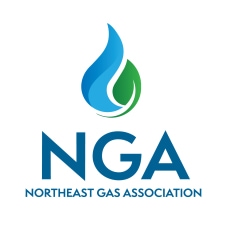Natural Gas Detector
a natural gas detector is an investment In Your Home and Family
Your home should already have a carbon monoxide detector and smoke detector. Now it's time for the perfect trifecta by installing a natural gas detector.
The primary safety indicator for a natural gas leak is a gas odor typically associated with the smell of a rotten egg. This odor is a sulfur compound added to the gas (since natural gas is
otherwise odorless) and added so it can be detectable by a person with an average sense of smell.
Natural gas detectors are a critical additional layer of detection, especially if you or a member of your household is not able to smell natural gas or if you have small children or elderly,
which can create a higher risk for a gas stove burner to be left on without a flame. These life saving devices work by sensing natural gas and sounding an alarm to keep you safe.
Keeping Your Family Safe
- Complete the safety trifecta by installing carbon monoxide, smoke, and natural gas detectors.
- Check the operation of detectors on a regular and consistent basis. In accordance with the manufacturer's instructions
- Have fuel-burning heating equipment inspected by a licensed professional every year before cold weather sets in.
- If your natural gas or carbon monoxide detector goes off, evacuate the building immediately. If you smell gas and your alarm does not activate, also evacuate immediately. Once outside call 911 and your local utility.
- Natural gas detectors are not the same as carbon monoxide detectors or smoke detectors.
- Alerts when gas leaks from an appliance or gas carrying pipe or a stove burner is on without a flame.
- Should be installed in accordance with manufacturer's instructions and as close as practicable to the ceiling and at least within 12" of the ceiling in the same room with natural gas appliances such as stoves.
- Should be certified to Underwriter Laboratory Standard 1484 "Residential Gas Detectors"
- Should come with a lifetime battery, if battery operated.
If your natural gas detector goes off, evacuate the building immediately. If you smell gas and your alarm does not activate, also evacuate and refrain from turning any lights on or off and from using your phone or appliances on your way out. Then, call 911 and your local natural gas utility from a safe location, and do not return to your home until an emergency responder advises it is safe to do so.

